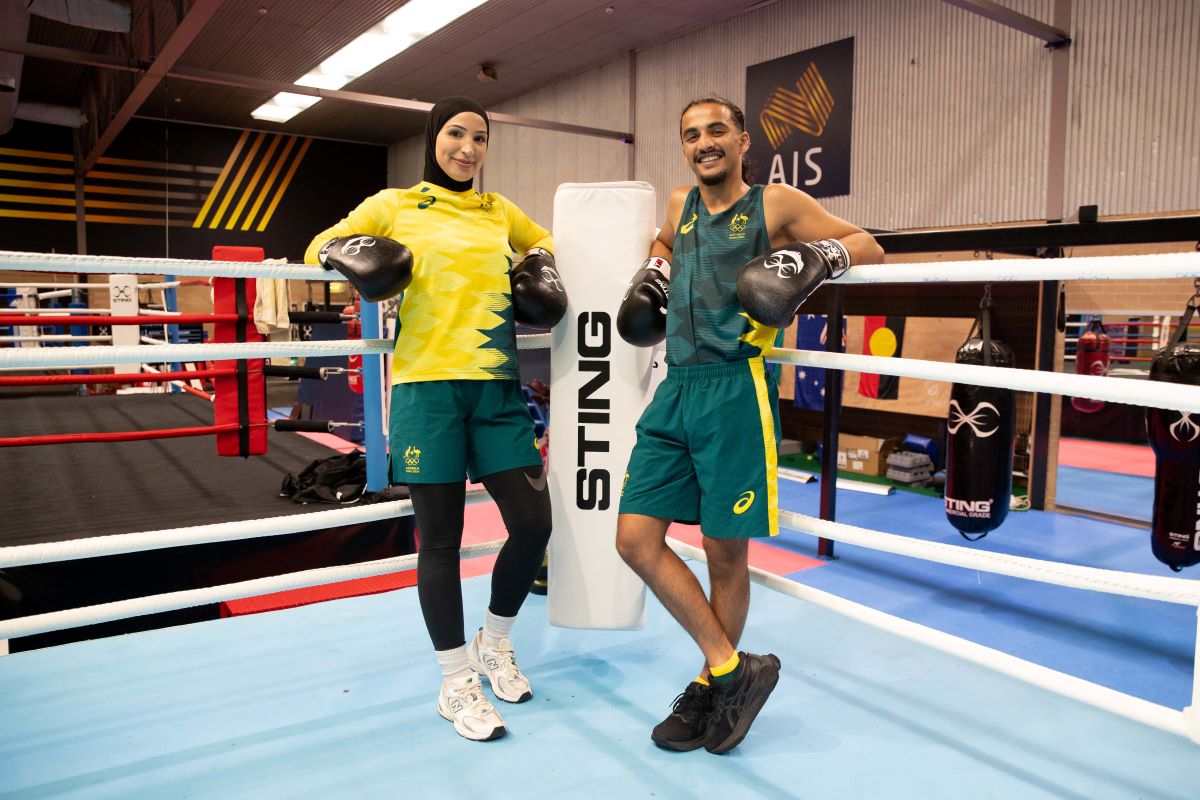Distinguished Professor Steven Ratuva is leading UC’s first delegation to a UN Conference of Parties (COP) climate change conference in Dubai from 30 November.

Part of the University of Canterbury’s virtual delegation to COP28 are (from left): Dr Suli Vunibola, Professor Bronwyn Hayward, Dr Nicholas Cradock-Henry, Distinguished Professor Steven Ratuva (attending in person), Professor Shaun Ogilvie, and Dr Christina Laalaai Tausa.
Professor Ratuva will speak at COP28, at an EU-Pacific event on Food and Health Security, while the remaining nine members of the delegation will join the conference online, bringing expertise across Indigenous knowledge and innovation, social and political sciences, and earth sciences from Te Whare Wānanga o Waitaha | University of Canterbury (UC).
The UC delegates attending COP28 include: political scientist and Intergovernmental Panel on Climate Change (IPCC) lead author Professor Bronwyn Hayward; carbon net-zero expert and IPCC lead author Professor David Frame; climate modeller Associate Professor Laura Revell; Canterbury-based Principal Scientist GNS Dr Nicholas Cradock-Henry; Ecology and Mātauranga Māori specialist Professor Shaun Ogilvie; Pacific Climate Crisis Research Fellows at the Macmillan Brown Centre (MBC) for Pacific Studies Dr Dalila Gharbaoui, Dr Christina Laalaai Tausa, and Dr Suli Vunibola; and Forestry student Ezra Samy.
“COP28 is a great opportunity for UC to contribute to the global research and discussions on climate change and also showcase our interdisciplinary approaches and skills on issues of significance to our region and planet,” Professor Ratuva says.
The opportunity for UC-affiliated researchers to listen to the government negotiations is a unique chance to better understand how governments negotiate and trade off climate issues with other decisions, Professor Hayward says.
“Being able to be a ‘fly on the wall’ in United Nations forums can help us shed light on ways the goal of a safer climate can be aligned with wider government priorities. Being able to do this without travelling to the event is also a great way to reduce emissions while giving postgraduates and staff real insights into world climate politics.”
UC gained observer status at COP28. UC’s delegation facilitator, Dr Dalila Gharbaoui, says accreditation to the UN for climate talks was demanding and took about a year to achieve but will open the door to future staff and students to attend future COP events as well as other key international conferences and negotiations on climate change.
“At UC’s Macmillan Brown Centre for Pacific Studies (MBC), we think of research as a holistic process and this includes applying important principles such as collectivism and mutually beneficial opportunities for all; this is why I started the process of accreditation,” Dr Gharbaoui says.
Vice-Chancellor Professor Cheryl de la Rey and Chancellor Hon Amy Adams supported UC’s application.
“Undertaking this work was important for me as it also sends a strong signal around the need to make things happen when we believe it is important to our collective futures and that there is benefit to the wider community,” Dr Gharbaoui says.
“It’s a responsibility we all have, to address the climate crisis through the scope of diversity, inclusivity, and collectivism to make sure we have the tools to tackle the issue together. I hope this will inspire future generations of researchers and students to participate.”
Universities have a special role at COP28, Dr Gharbaoui says. “Universities provide a vital research and evidence-based advocacy role within international climate negotiations. The diversity of UC’s delegation reflects the need for climate negotiations to consider a combination of scientific backgrounds including western sciences and Indigenous knowledge working alongside in harmony to provide a sustainable future for our planet.”
UC’s Pacific researchers bring the latest findings to the conference from ongoing field work with the (POCCA) study, a multi-million dollar research project led by Professor Ratuva in partnership with the University of the South Pacific and with funding from Ministry of Foreign Affairs and Trade (MFAT).
- , which runs from 30 November to 12 December, is the latest of a series of annual events launched by the United Nations Framework Convention on Climate Change (UNFCCC) almost 30 years ago to bring world leaders and experts together to negotiate over climate change solutions. COP21 led to the Paris Agreement, where the world agreed to limit global warming to 1.5°C, compared to pre-industrial levels, by 2050 and to set national targets to achieve this. The COPs are a way to check on countries’ progress and with climate change consequences accelerating, COP28 is seen as the most urgent yet.









